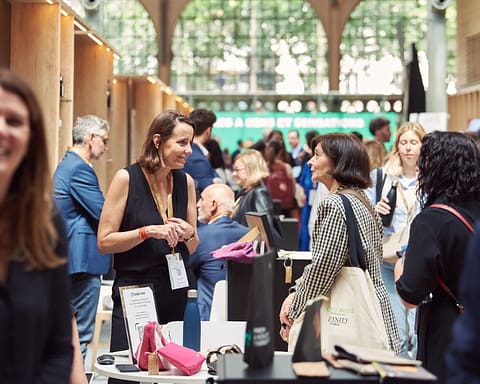[vc_row][vc_column][vc_column_text]
The first decade of the 21st century marked the history of humanity as a period of reconsideration of social values and lifestyle habits.
By Katia Kachan, Creative Tech Innovation, Consultant
The era of abundance and conspicuous consumption of the 1990’s propelled Western societies into excessive preoccupation with material possessions. Wealth was ostentatiously displayed for the purpose of acquiring or maintaining the social status. The two economic crises, the dot.com bubble of 2000’ and the global financial recession of 2008, highly traumatized the wealthy elite across the world. The feeling of uncertainty of tomorrow, together with rising awareness of climate change, shifted the priorities towards conscious and responsible consumption.
Since 2010’s luxury consumers demonstrated a desire to move from traditional ownership to newer ways in which to access and consume premium products. This evolution of consumption patterns triggered the development of the sharing economy that democratized luxury, giving access to premium goods for a larger part of the population. Consumers across various geographies now could choose to either shop through traditional retail or try new distribution channels, such as rental, subscription, resale, or direct-to-consumer. The 21st century thus became the century of use and not possession, of present moment and experience.
For the last nine years the resale apparel market grows faster than traditional retail. If in 2018 it was estimated at $20bn, by 2022 it is projected to $40bn. By 2030 the average closet will be composed 40% of rented or pre-owned goods .
The closet of the future is thus going to look very different from the closet of today, with pre-owned and rented products responding perfectly to the search of constant newness and sustainability of the new generation of consumers.




































